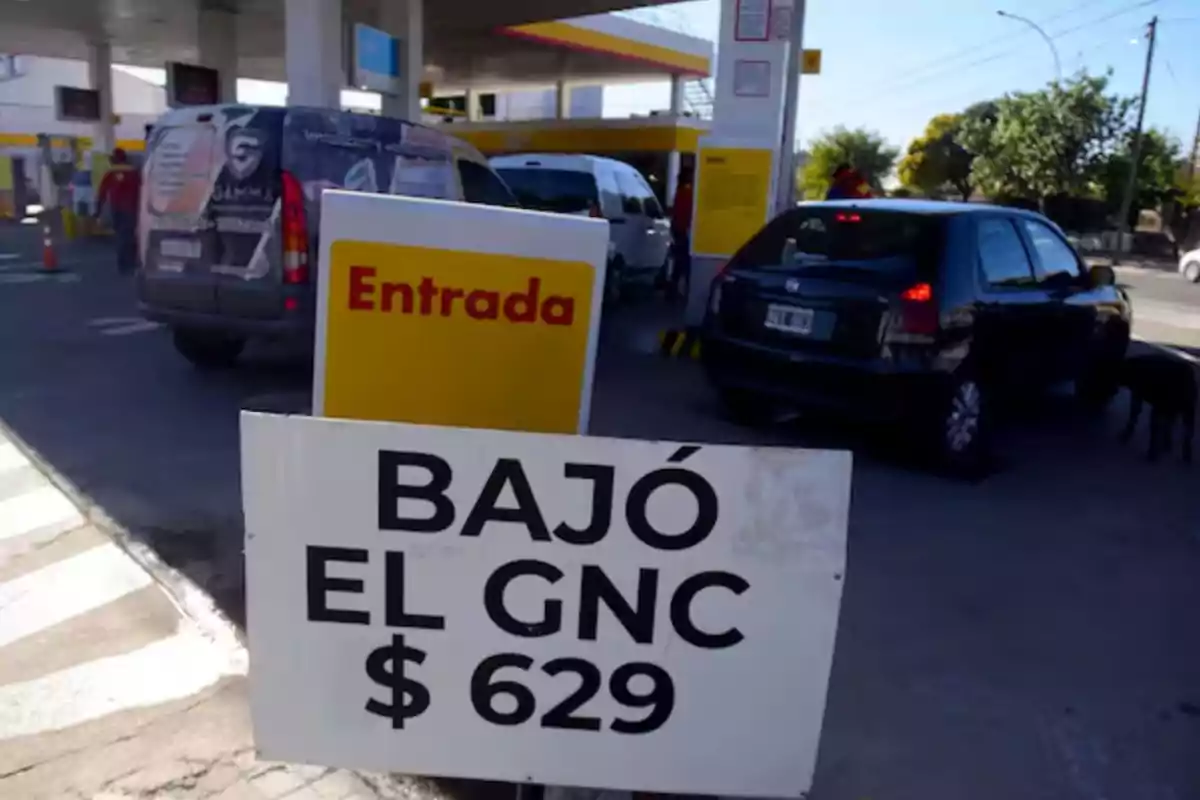
The price of CNG in Córdoba has dropped, and its value is lower than in 2023.
The price of CNG has dropped in the capital of Córdoba, although the provincial tax burden prevents greater benefits
The "war" for CNG has reignited in Córdoba with prices below 2024 levels. Today, one cubic meter costs between $565 and $629, far from the $699 in January. The adjustment benefits motorists, although it affects the profitability of local service stations.
The decline is largely explained by national decisions. The freeze on wellhead prices and increased production from Vaca Muerta have driven the decrease. Even so, the relief is limited in Córdoba due to the high provincial tax burden.
The contrast is clear. While the national government stabilizes the cost of gas, in the province, taxes make the product more expensive at the pumps. That pressure reduces the savings margin for consumers and further complicates the situation for station owners.
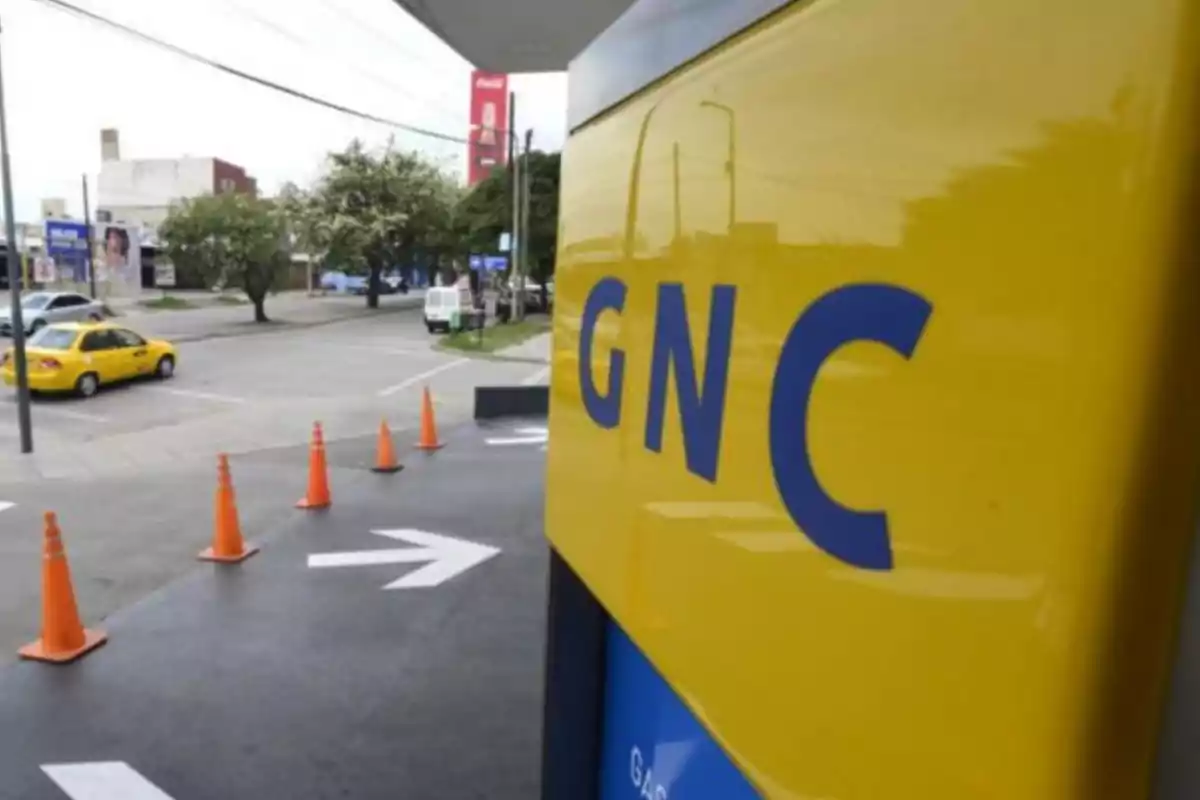
Third chapter of the "CNG war" in Córdoba
This is not the first time Córdoba has faced a dispute over this fuel. Between 2009 and 2011, there were frozen prices with strong competition. A decade later, in 2020, a second war was recorded with differences of up to 50% between areas.
In 2025, history repeats itself. Today, the capital offers lower prices than last September, when the cubic meter was sold at $649. However, in the interior, prices climb to $700 or more due to less competition among sellers.
The CNG vehicle fleet has also decreased in recent years. It went from 274,000 vehicles in 2020 to 246,494 currently, a drop that affects demand.
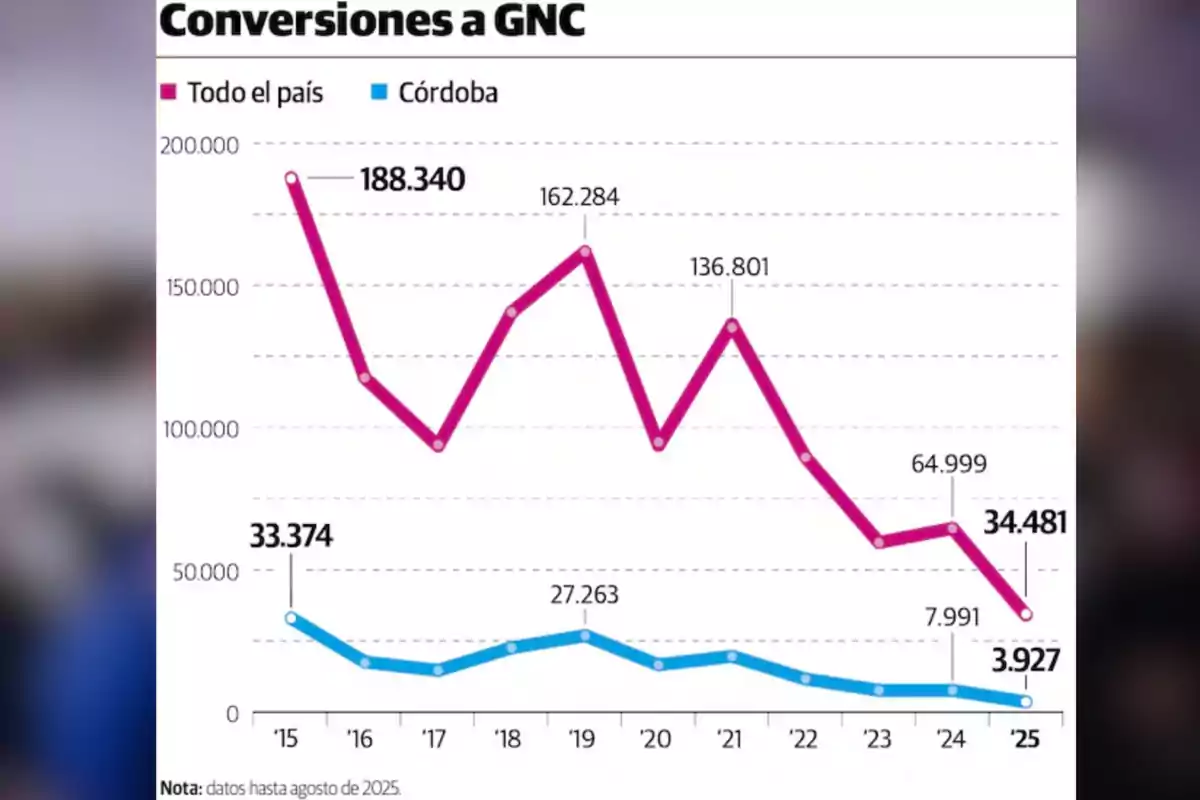
Price drop
Station owners warn that the reduction in CNG prices has not been accompanied by a drop in their operating costs. Local taxes leave minimal margins of barely $90 per cubic meter sold.
Marisa Centenaro, head of the Córdoba Chamber of Fuel Sellers, stated that the situation is unsustainable. She said that CNG equipment is expensive, factories produce small cars that consume little, and the converted fleet is not growing.
In the face of the crisis, some business owners resort to promotions to attract customers. From giving away breakfasts to lowering prices to the limit, they seek to survive in an increasingly reduced market.
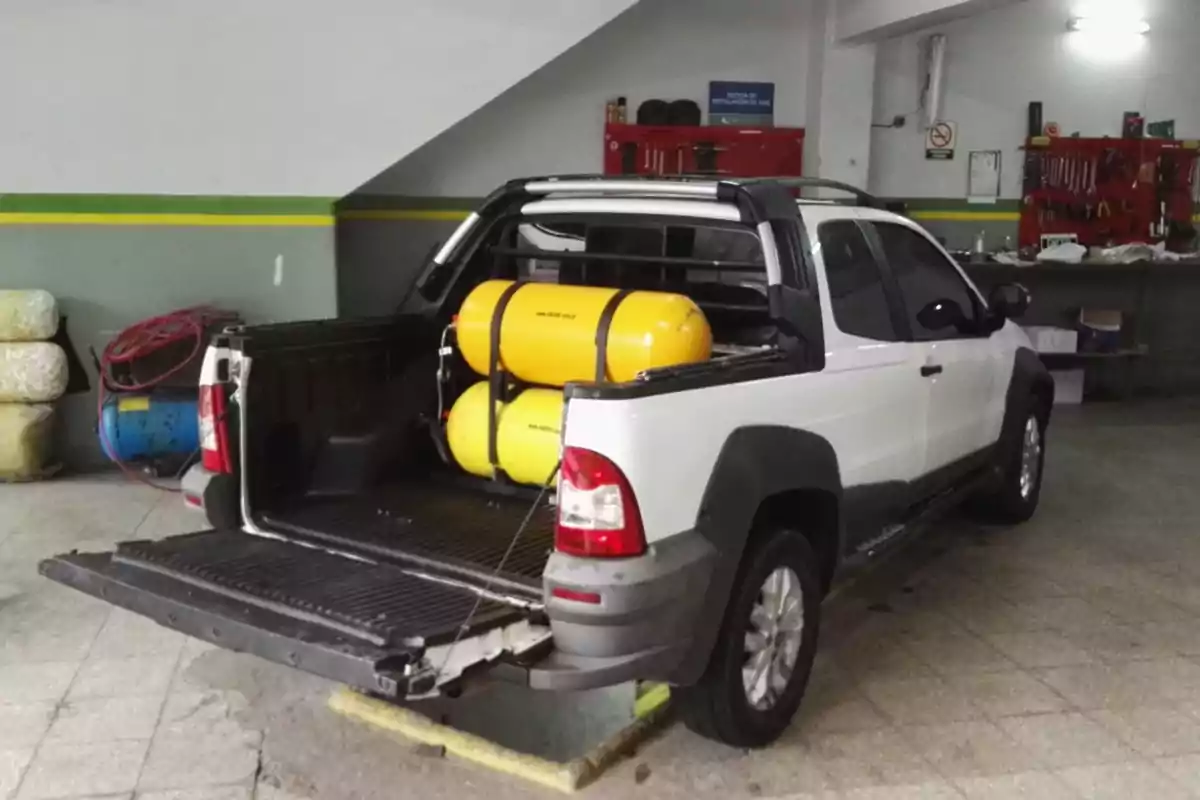
Demand for clear rules and tax pressure
Sellers demand predictability and firm policies to support the sector. They ask the provincial government to reduce the tax burden that makes CNG more expensive. They point out that without tax relief, stations will not be able to sustain themselves over time.
Alejandro Di Palma, from Estacioneros Autoconvocados, stated that the business "tends to disappear." He criticized the lack of incentives and the absence of a strategic vision regarding a key resource in a gas-producing and exporting country.
For the leader, the price drop is merely a desperate move. With lower sales volumes and margins squeezed by taxes, he asserts that many stations will end up closing.
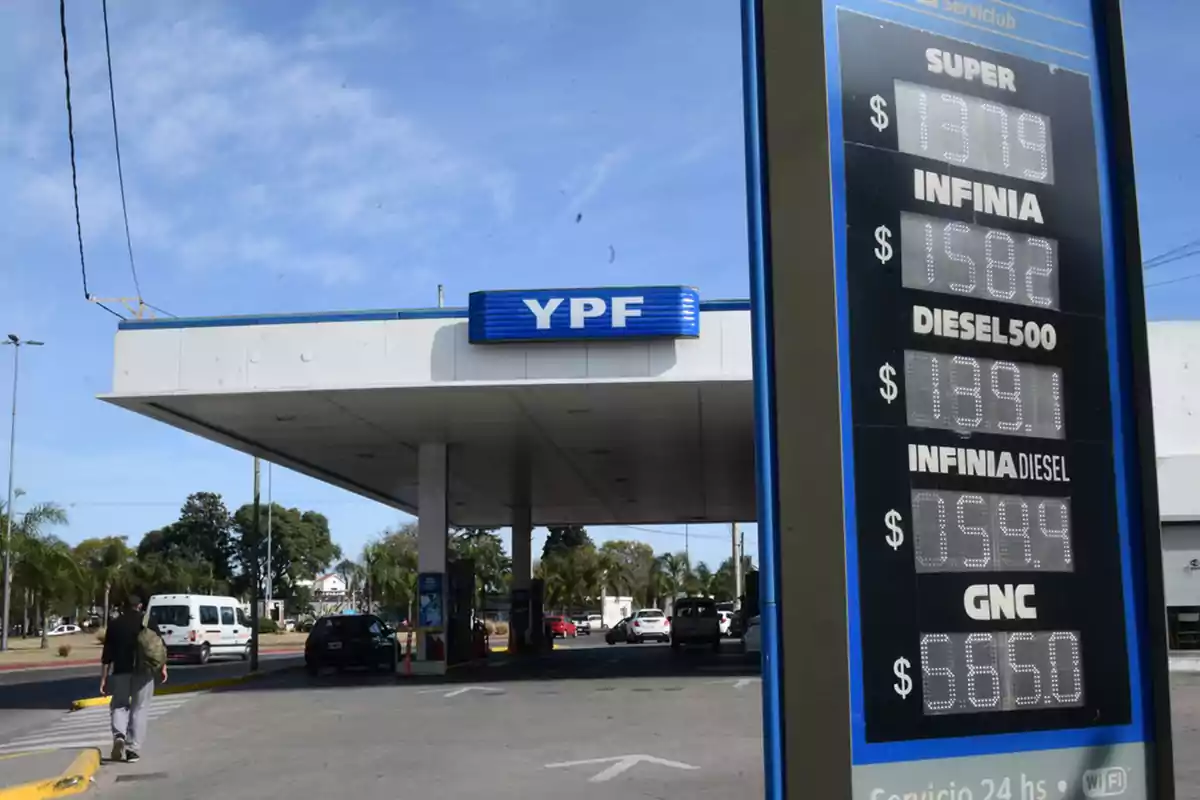
The dilemma of Córdoba's consumer
For motorists, CNG is still more economical than gasoline, although the gap has narrowed. With the cubic meter at $565, the savings are less than in the "golden age," when it cost just a third of a liter of gasoline.
One liter of gasoline allows for 10 to 15 km, while one cubic meter of CNG yields up to 15 km. For 1,000 km, 100 liters of gasoline or 83 m3 of gas are needed. The cost difference has shrunk due to tax pressure.
The scenario thus presents a paradox. Thanks to national measures, the price drops, but provincial revenue collection dilutes the benefit and weakens the sector.
More posts: